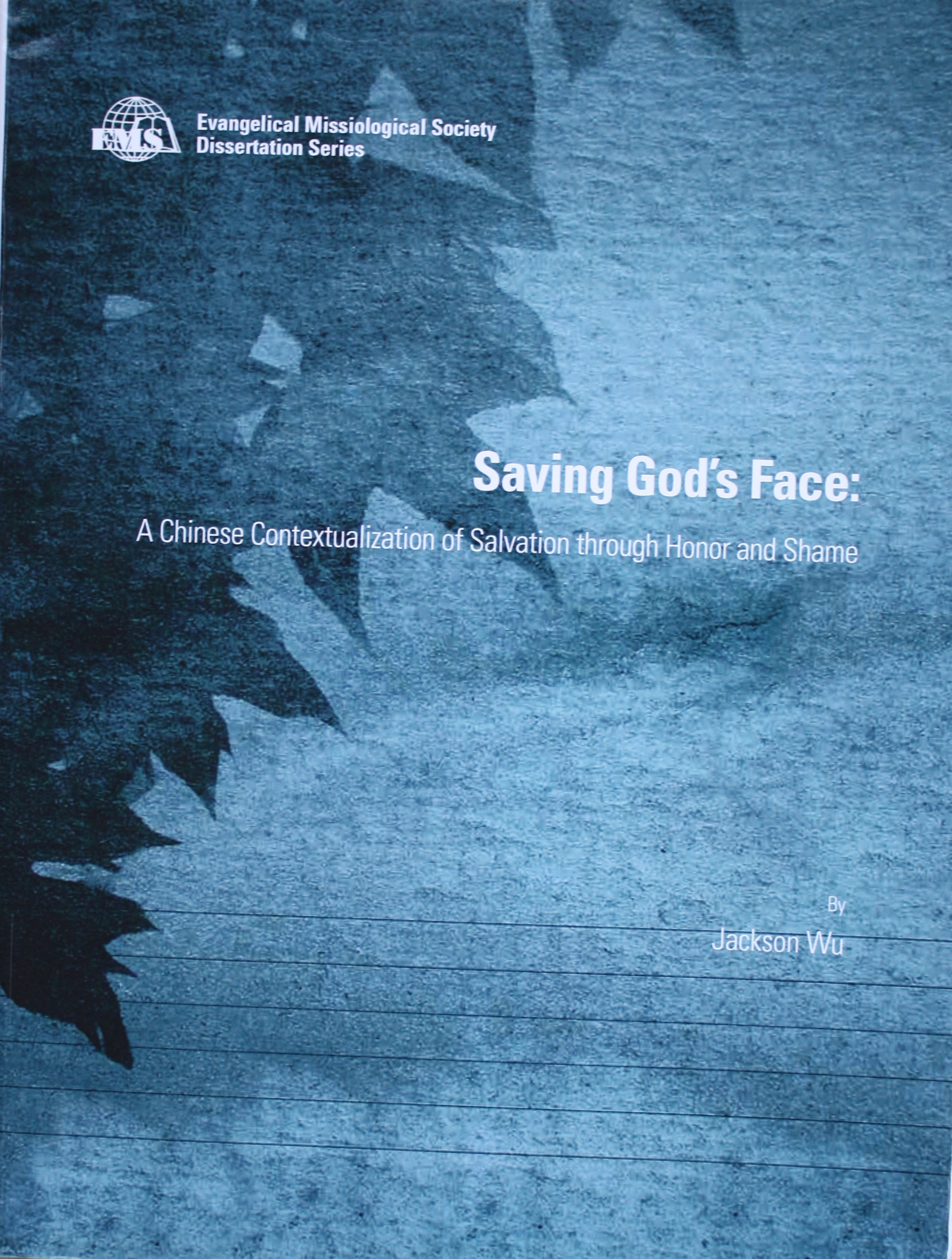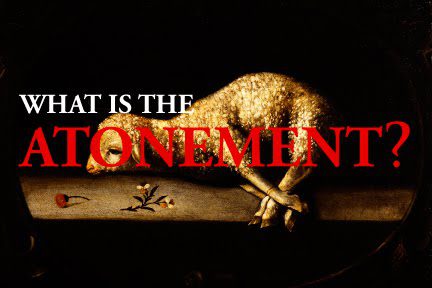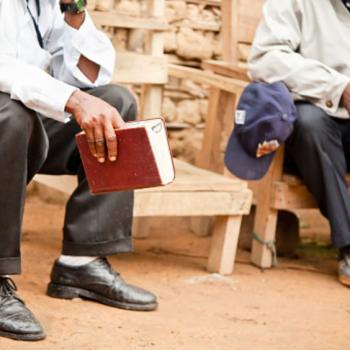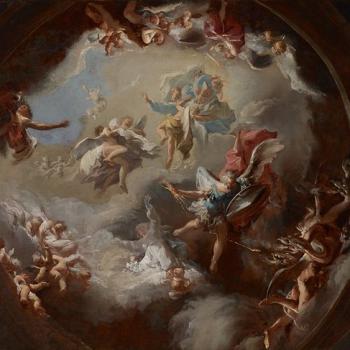 It’s been one year since Saving God’s Face was first published. As a way of celebrating, I’ll be giving away a free copy of the book.
It’s been one year since Saving God’s Face was first published. As a way of celebrating, I’ll be giving away a free copy of the book.
If you tell others about this post (via reposting on your blog, posting a link on FB, Twitter, etc.), then I’ll enter your name in a drawing two weeks after this posts. (*It would help if you let me know that you posted something, since I sometimes don’t receive notifications.*)
Recently, someone asked me to summarize how we should understand the atonement in terms of honor and shame. I wrote the entire book for the sake of the last 100 pages, where I develop a doctrine of salvation oriented on honor and shame.
In a nutshell, how would I summarize the way honor and shame functions to bring about atonement?
1. We are in debt
First, we owe God two types of debts (i.e. what we owe God).
(a) We owe God honor.
Inherent to being humans is the first debt (i.e. obligation) to glorify God. This debt never goes away. This debt is not due to a fault; it’s the same sort of debt a child owes a parent, a citizen to a king, etc.
(b) We owe our life.
Because we fall short of his glory (i.e. “sin”), we ought to die, which manifestly demonstrates our shame and his honor (hence, God’s being vindicated in our death). In this sense, we owe our life. Via Christ’s death, he vindicates God’s honor.
2. Christ represents his people.
Second, I suggest you think in terms of “incorporation”, i.e. “in Christ” language. Christ (as king) is collective head of humanity. As the head, he represents to collective. Accordingly, what is true of him is true of his people.
3. We share in Christ’s glory.
Third, Christ lives a sinless life. He perfectly honored the Father, even unto death. Christ is resurrected by the Father. God the Father glorifies the Son. According to Rom 6, Christ’s death and resurrection are reckoned to us. He is our king now rather than sin. As a result, God “imputes” Christ’s glory to us (explicitly stated in John 17:22).
Accordingly, we can say that Christ’s life, death, and resurrection pay our honor and life debts.
What about the Law?
What follows is not in my book. I have developed it further since the publishing Saving God’s Face. I’m planning to publish these thoughts with more detail. Here are a few broad points.
In the Mosaic Law, God set up a means of redemption via sacrifice. Atonement in the OT is consistently depicted in economic terms (e.g. obligatory debt payments). We owe God a “ransom” payment. However, animals cannot actually satisfy our debt.
(Recall from Hebrews, for example, that the Law does actually affect our salvation. One problem is that we ourselves can’t directly take advantage of it apart from Christ. Why? One reason is simple: the Law condemns the sinner.)
What does the sacrificial system accomplish?
It fundamentally is a means by which God is publicly honored and vindicated. After all, he has been defamed by rebellious people. Jesus became a sin offering (cf. Rom 8:3; 2 Cor 5:21) and satisfies the debt we owe. From the perspective of the sacrificial metaphor, this is the mechanism through which Christ pays our debt such that we don’t have to suffer the penalty laid up debtors (i.e. sinners).
This is a very broad overview. There is no way to present all the details here.
What do you think?
What other aspects of honor and shame that should be included in the atonement?
Reviews of Saving God’s Face
Here are a few reviews of the book for those interested:
Evangelical Theological Society
Themelios (The Gospel Coalition)
Evangelical Missions Quarterly
Mission Frontiers (a review article)
Photo Credit: Creative Commons/Wikimedia




















